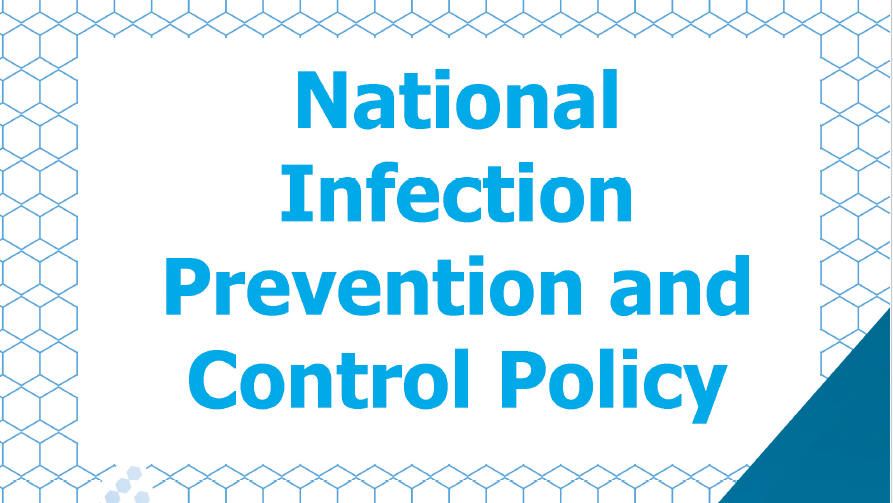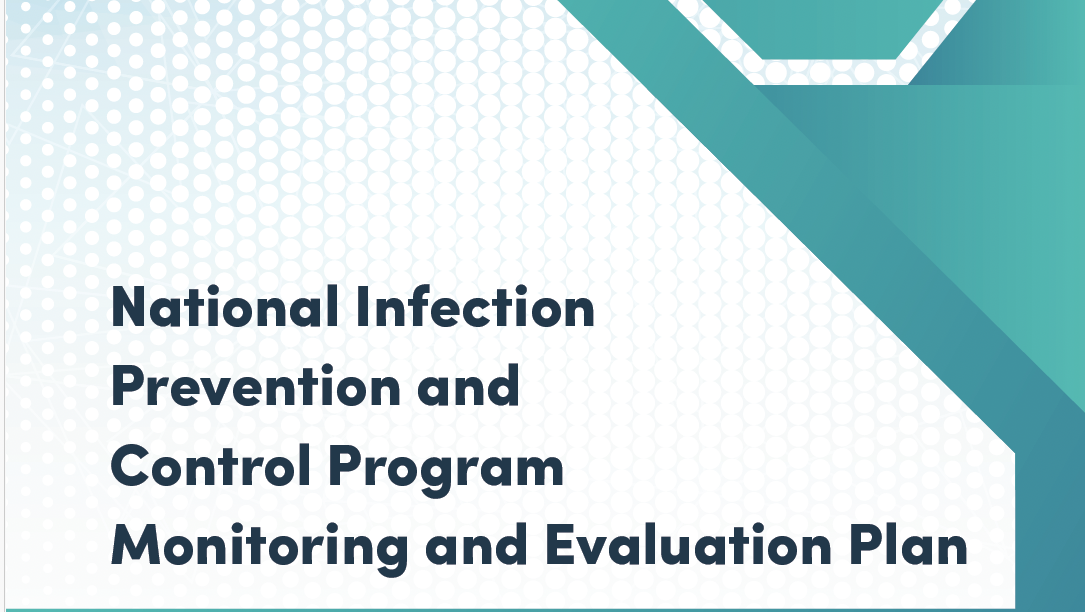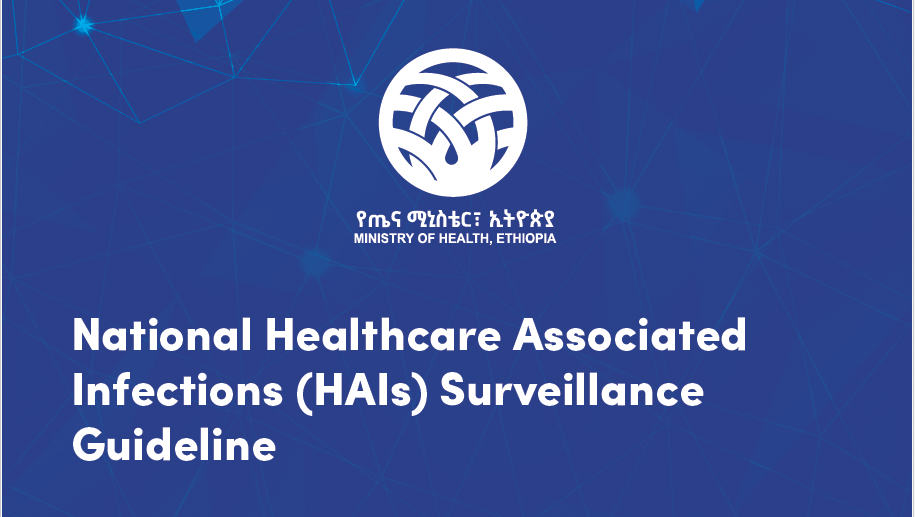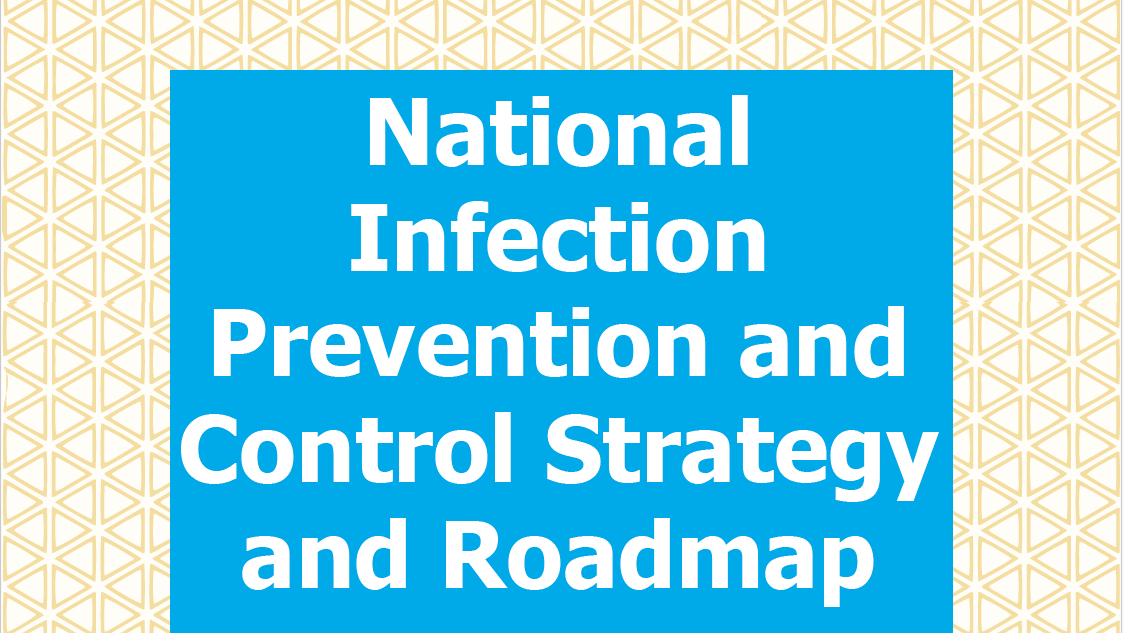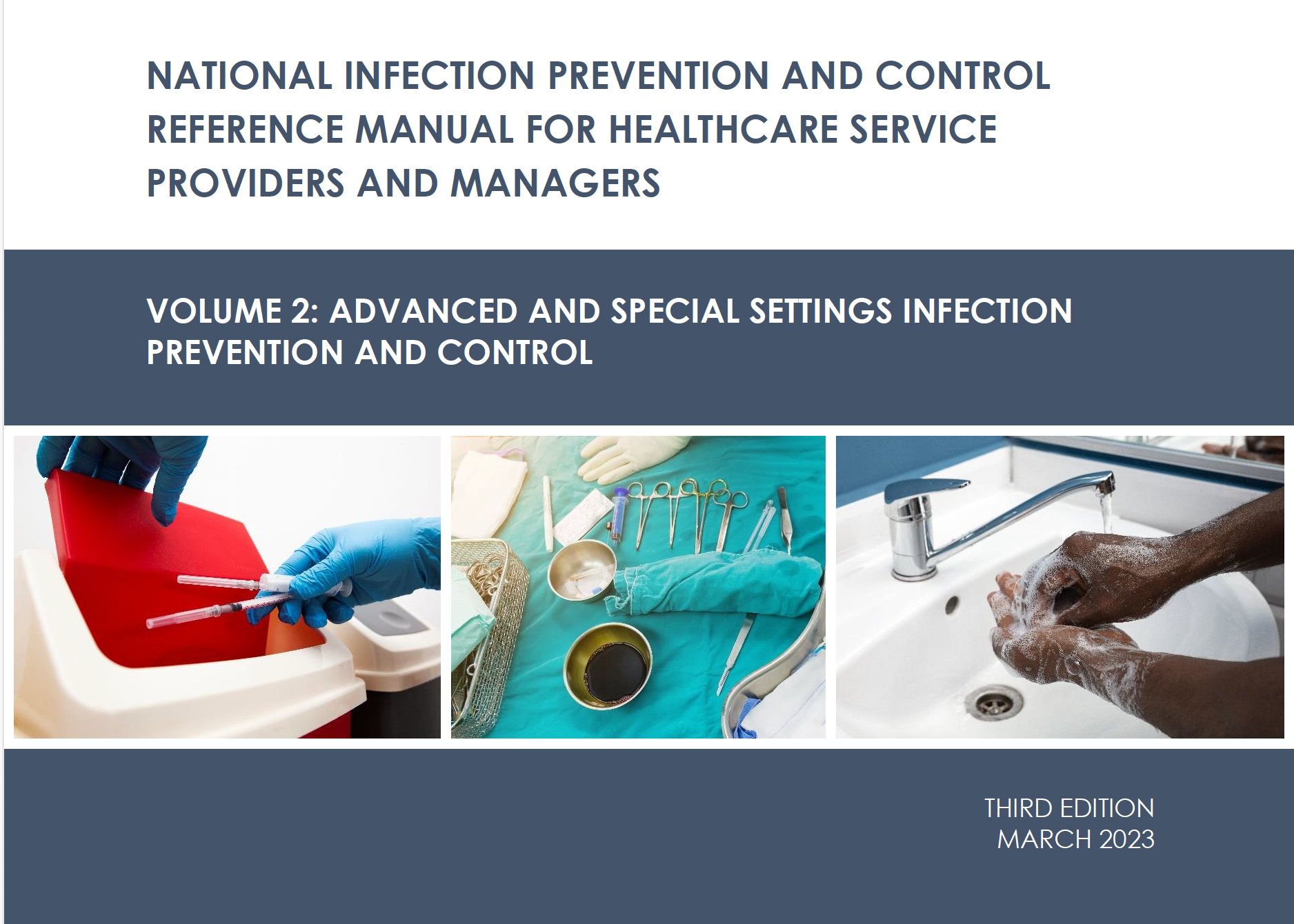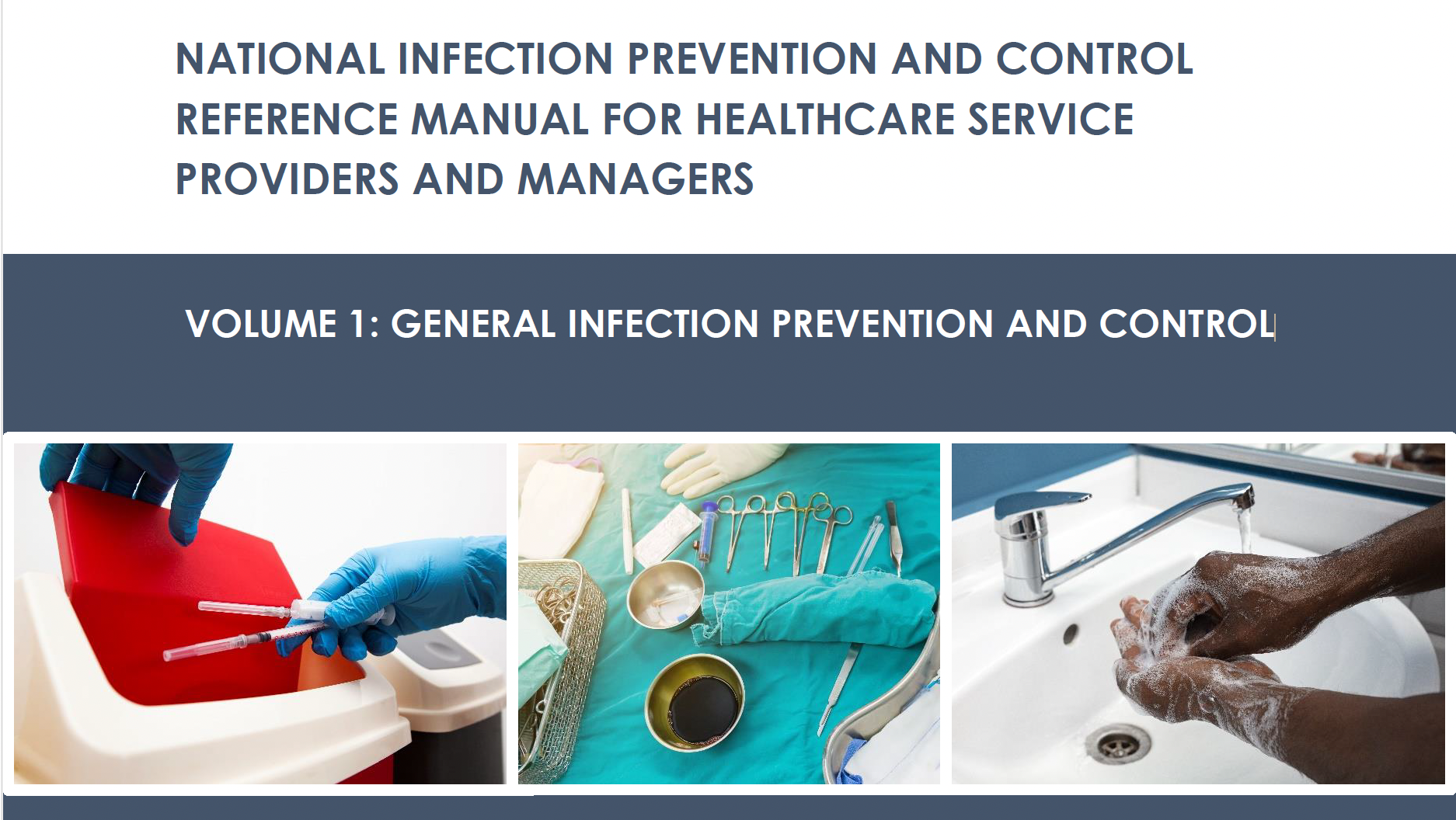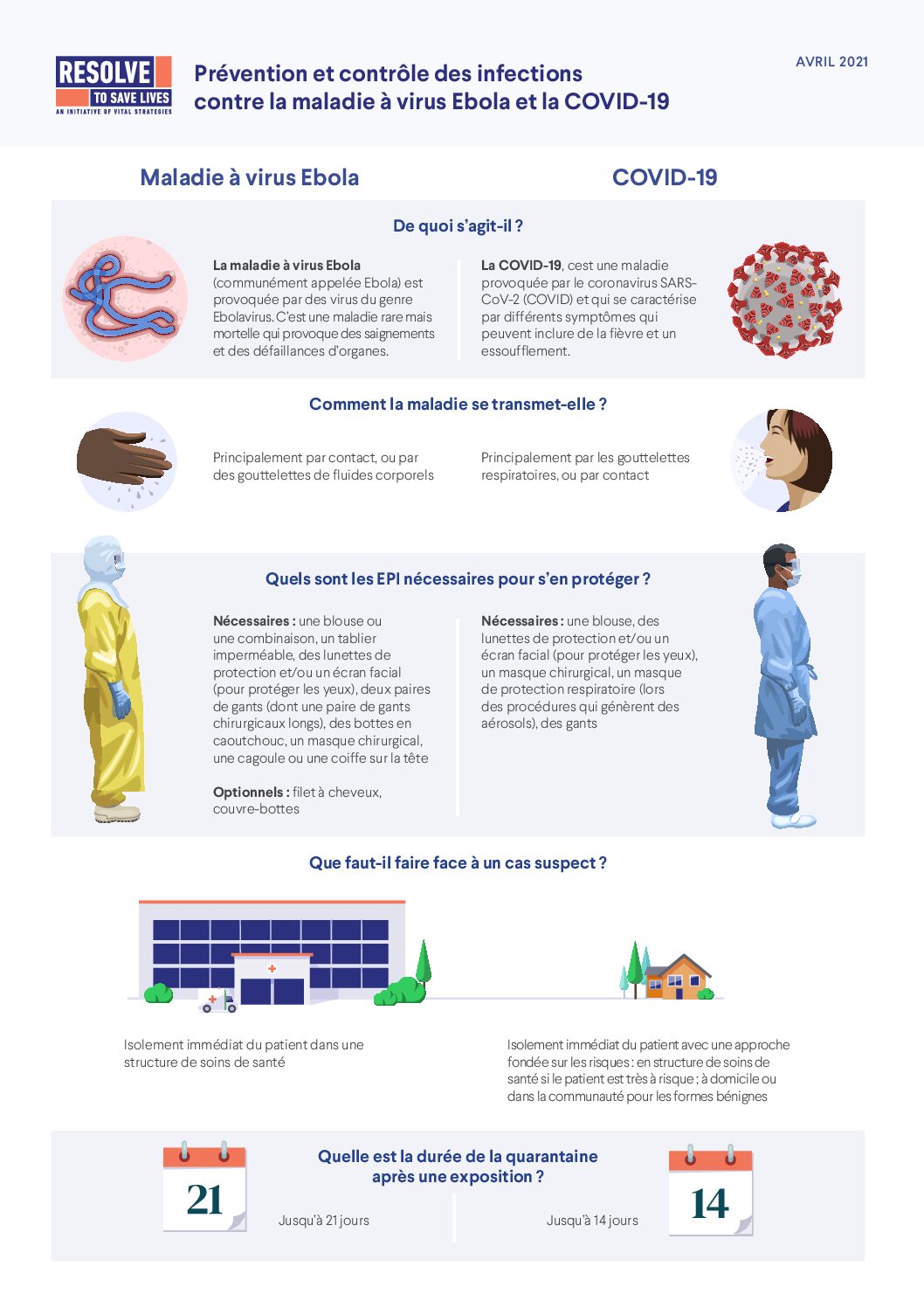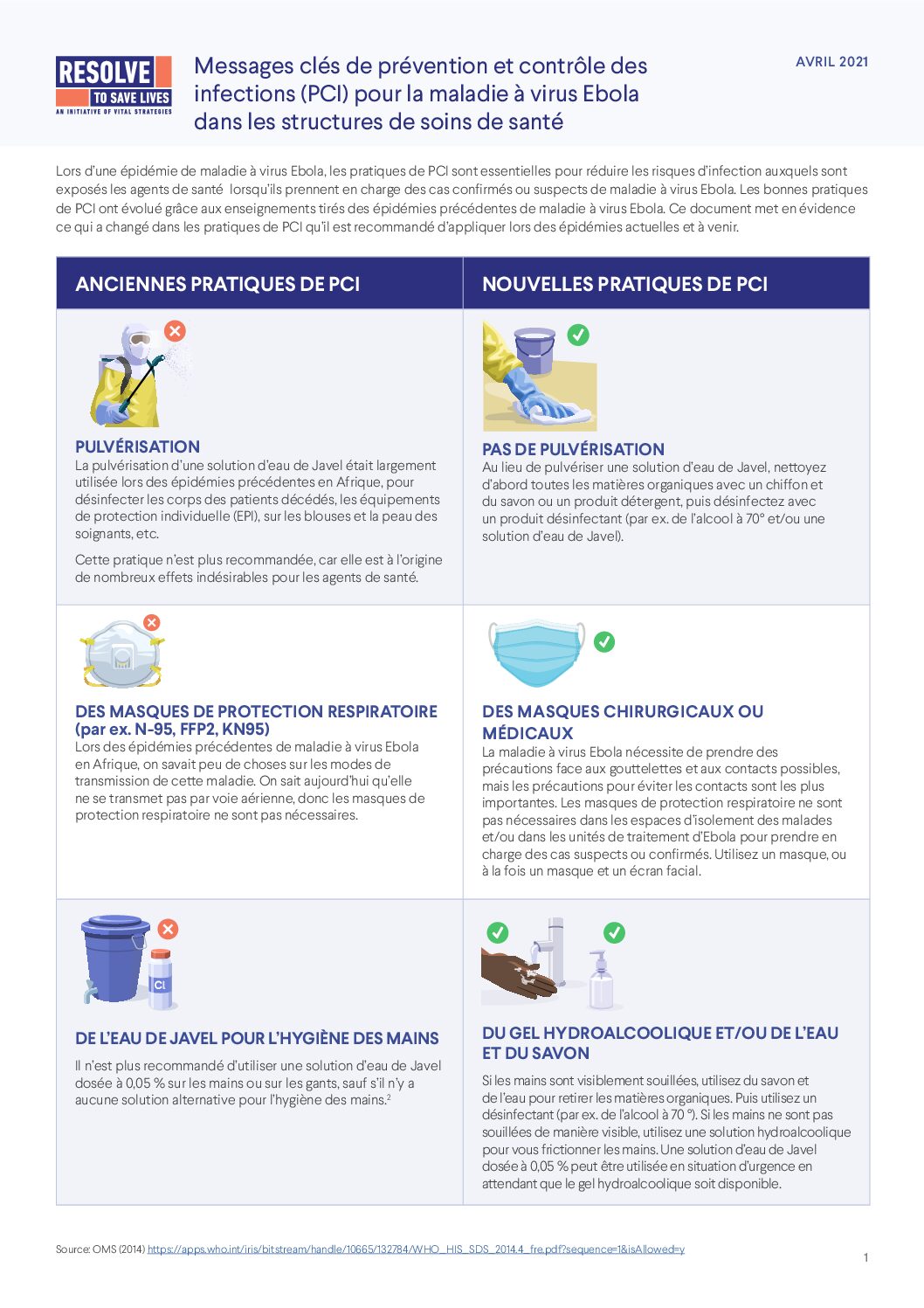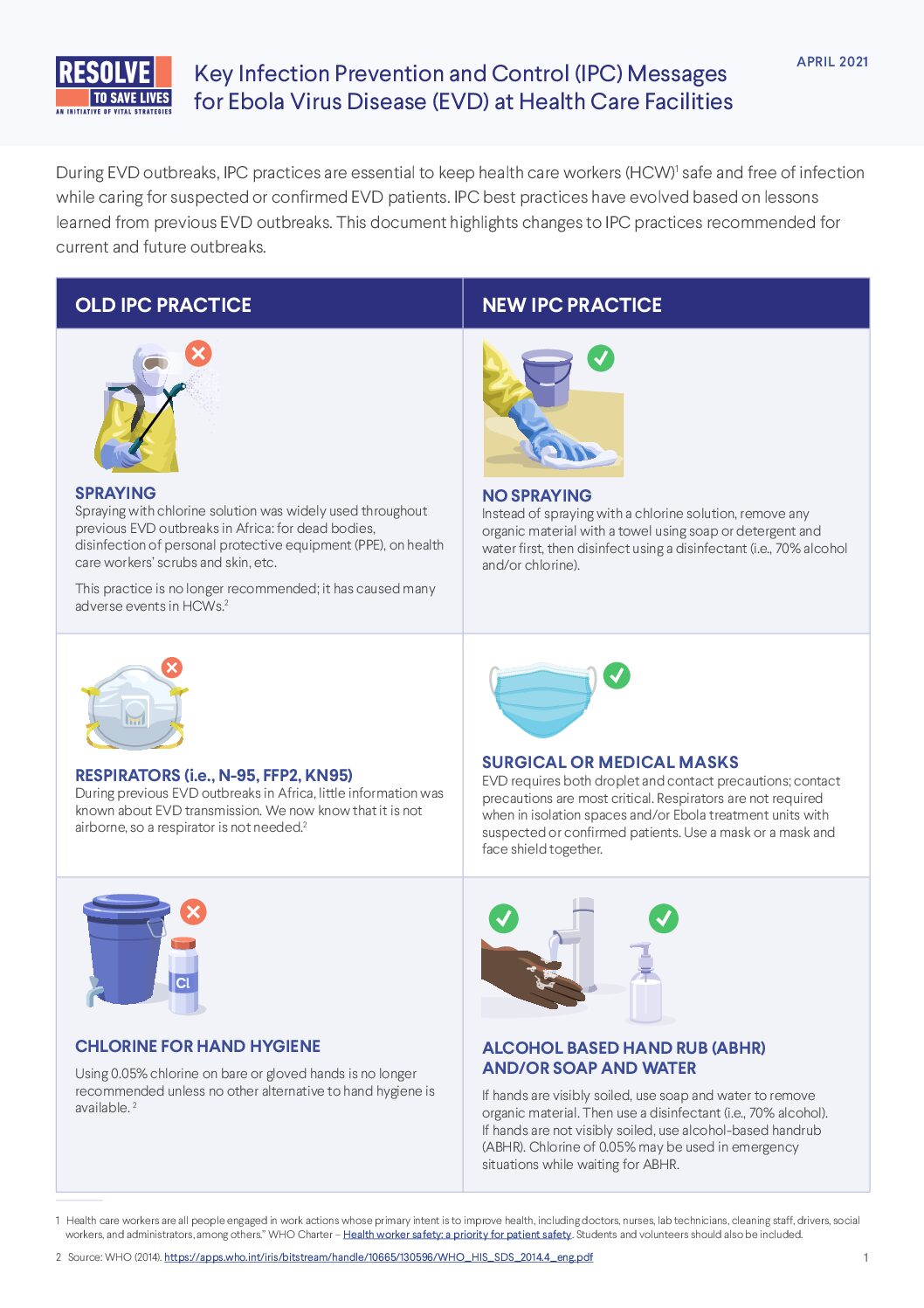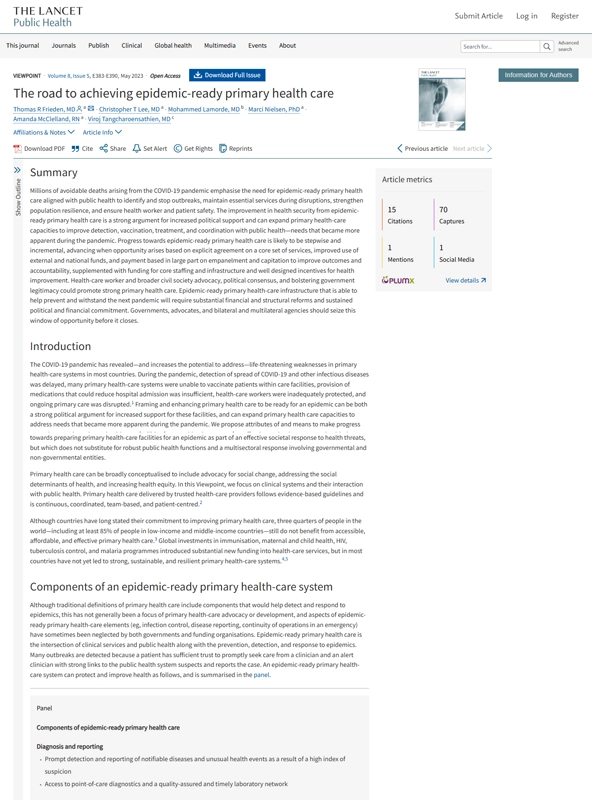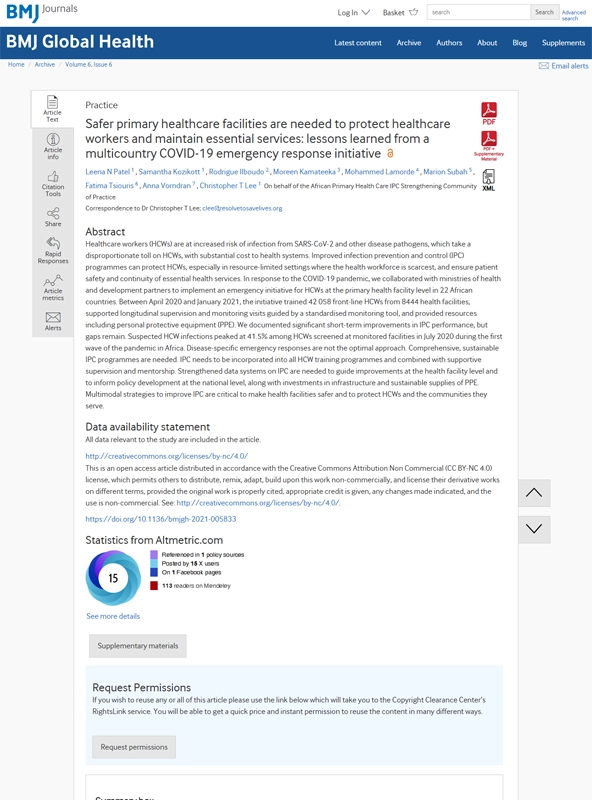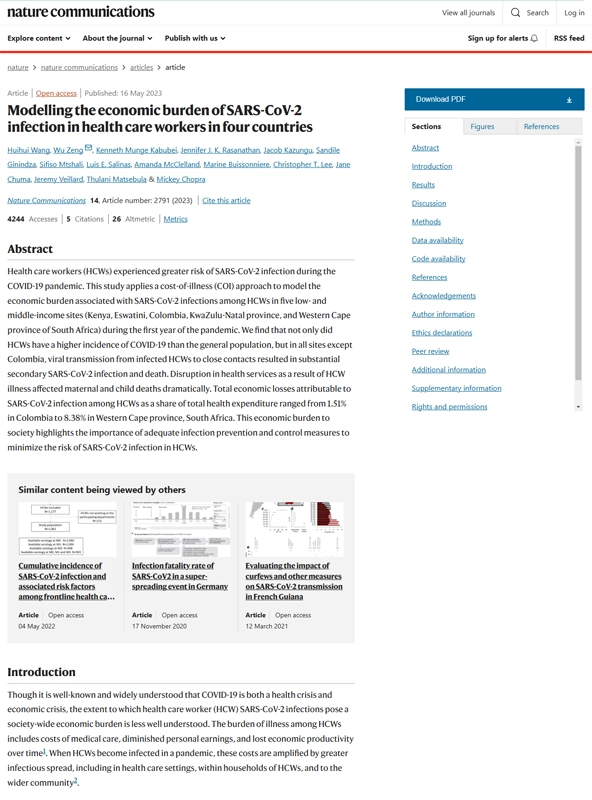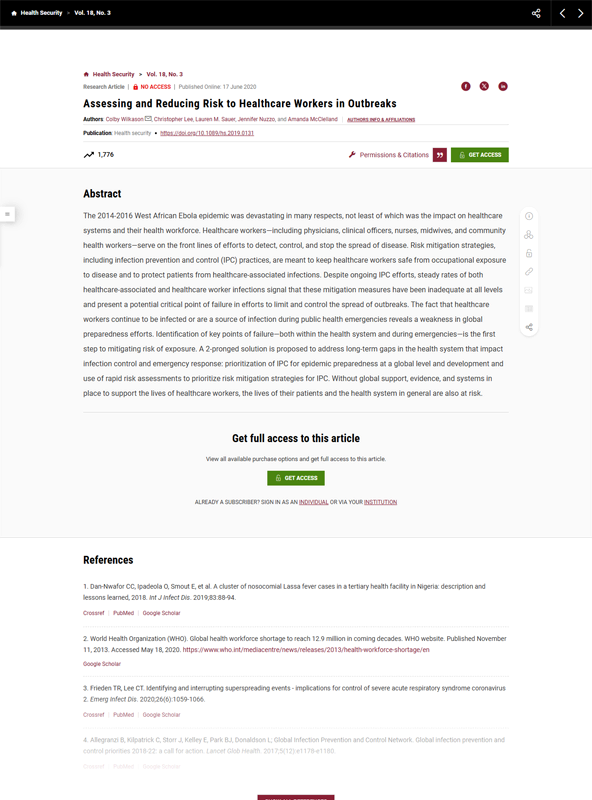Resource Library
IPC
Ministry of Health Ethiopia
A resource for health care workers and other IPC stakeholders in the design, implementation, monitoring, and evaluation of IPC programs in Ethiopia.
Ministry of Health Ethiopia
Monitoring and Evaluation Plan for Ethiopia’s national Infection Prevention and Control strategy. .
Ministry of Health Ethiopia
A guide for IPC professionals focused on the surveillance of infections that occur during health care delivery.
Ministry of Health Ethiopia
The strategic IPC interventions planned to prevent, reduce and control the development of health care-associated infections (HAIs) and antimicrobial resistance (AMR) in Ethiopia.
Ministry of Health Ethiopia
Volume II of Ethiopia’s national IPC manual covers advanced and special settings in infection prevention and control.
Ministry of Health Ethiopia
Volume I of the IPC manual of record for all health care delivery systems in Ethiopia, covering general principles. See Volume II for advanced IPC and special settings.
Resolve to Save Lives
The Lancet Public Health
We propose an epidemic-ready primary health care model to integrate public health and health care, stop outbreaks, ensure essential services, strengthen resilience, and protect workers and patients.
BMJ Global Health
An infection prevention and control initiative improved COVID-19 infection rates for health care workers in Africa, but challenges showed the need for long-term investments in sustainable IPC programs
Human Resources for Health
Effective outbreak response requires sustained investments in health systems—going beyond training to include adequate equipment, space and staffing levels.
Nature Communications
SARS-CoV-2 infections among health care workers caused up to 8.38% of health expenditures in five low- and middle-income countries, underscoring a need for stronger protection measures.
Health Security
The 2014-2016 West African Ebola Epidemic exposed a critical weakness in global health security: inadequate protections for health care workers put all our lives at risk. Here’s what we do to fix it.
